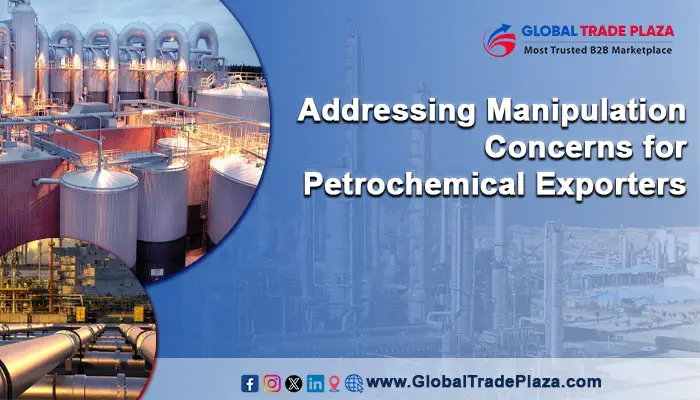Petrochemical exporters from India operate in a dynamic and often volatile market environment where manipulation concerns can significantly impact their operations and bottom line. The interplay of various market forces, including geopolitical tensions, supply chain disruptions, and speculative trading, can create challenges for Indian exporters seeking stability and fair competition.
Understanding the Challenges
One of the primary manipulation concerns for petrochemical exporters from India is price manipulation. This can occur through various means, such as false reporting of supply or demand data, collusion among market participants to control prices, or the spread of misleading information to influence trading decisions. These manipulative practices not only distort market prices but also undermine trust and confidence in the market, ultimately harming legitimate exporters from India.
Strategies for Mitigation
To address manipulation concerns, petrochemical exporters from India must adopt proactive strategies and collaborate with regulatory authorities and industry stakeholders. Transparency in reporting supply and demand data, implementing robust compliance measures, and leveraging technology solutions like blockchain for secure and immutable record-keeping can help detect and deter manipulation attempts.
Furthermore, fostering competition and diversifying export markets can reduce the risk of manipulation by limiting the influence of dominant players and creating alternative avenues for trade for Indian exporters. Strengthening partnerships with importing countries and promoting fair trade practices through international agreements and standards can also contribute to a more resilient and equitable market environment for petrochemical exporters from India.
Collaborative Efforts and Regulatory Measures
Effective mitigation of manipulation risks requires collaborative efforts between Indian exporters, regulatory bodies, and industry associations. By working together, stakeholders can enhance market integrity, enforce anti-manipulation laws, and promote ethical business practices. Regulatory measures such as market surveillance, enforcement of penalties, and international cooperation are also crucial for creating a level playing field and deterring manipulative activities in the petrochemical export industry.
In addition to regulatory efforts, industry associations and trade organizations can play a vital role in promoting ethical business practices and raising awareness about manipulation risks for Indian exporters. By providing guidance, conducting training programs, and facilitating information sharing among members, these organizations can empower petrochemical exporters from India to navigate the complexities of the market and safeguard their interests.
Ultimately, addressing manipulation concerns requires a collective effort from all stakeholders involved in the petrochemical export industry, including exporters from India. By fostering transparency, promoting competition, strengthening regulatory oversight, and enhancing industry collaboration, Indian exporters can mitigate the risks of manipulation and foster a more stable and sustainable market environment for the benefit of all participants.





